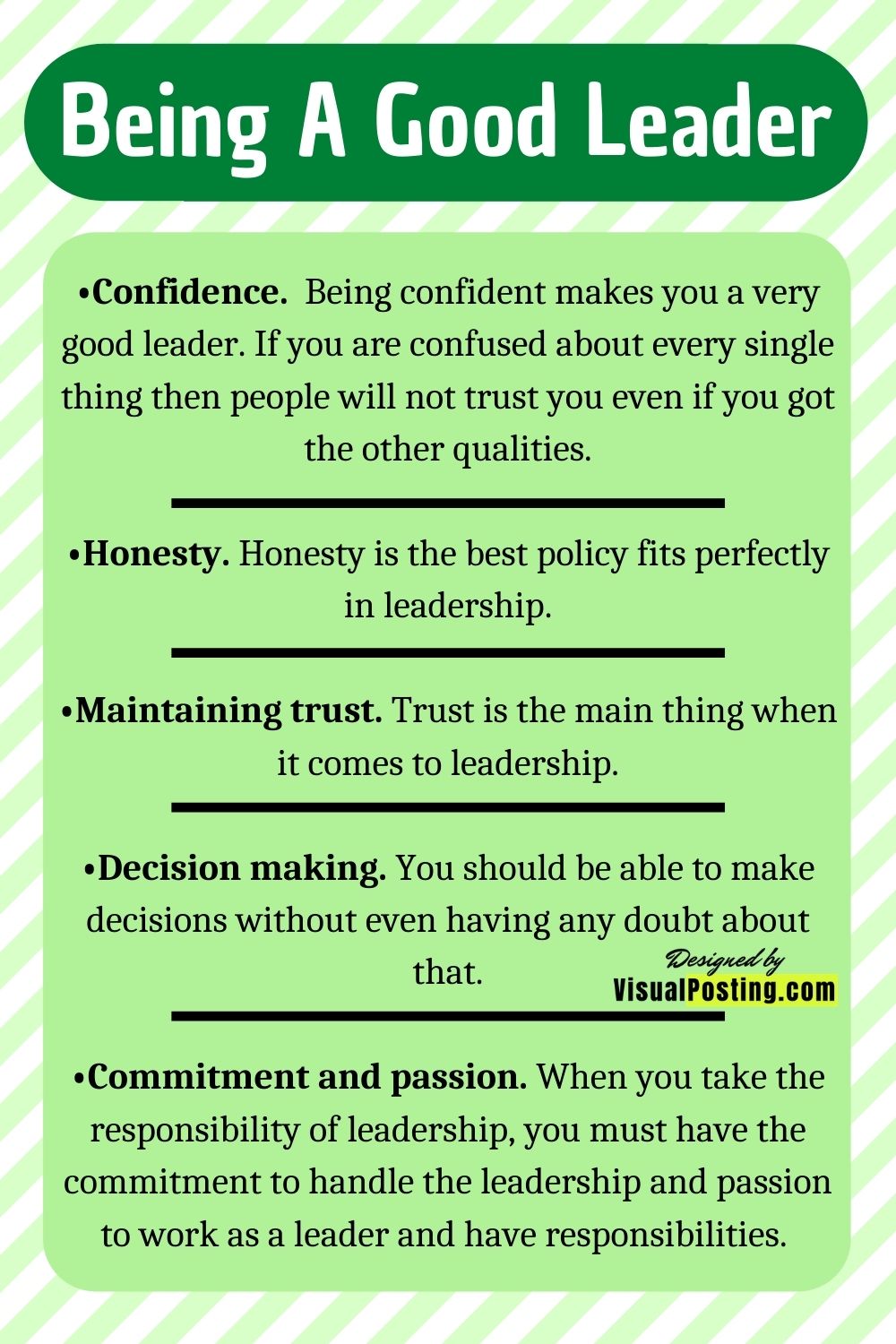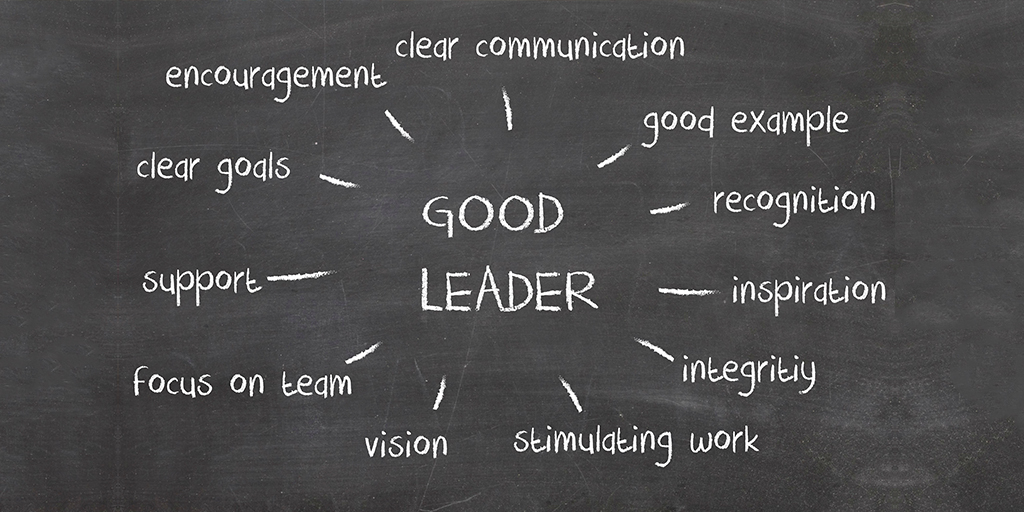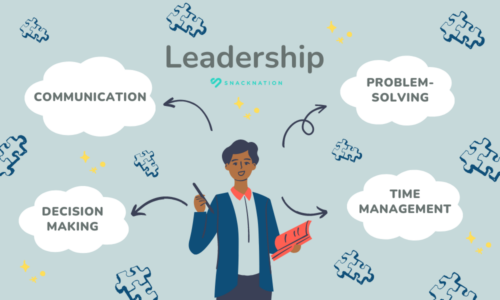How To Be An Effective Leader In The Workplace

In today's rapidly evolving workplace, the demand for effective leadership has never been greater. Organizations are navigating unprecedented challenges, from technological disruption to shifting employee expectations, making strong leadership a critical determinant of success or failure.
This article delves into the key qualities and strategies that define effective leadership in the modern workplace. It will explore how leaders can cultivate a positive and productive environment, inspire their teams, and drive organizational performance.
Defining Effective Leadership
Effective leadership extends beyond simply holding a managerial title. It's about influencing and inspiring others to achieve a common goal. John Maxwell, a renowned leadership expert, defines it as influence, nothing more, nothing less.
The Center for Creative Leadership emphasizes the importance of adaptability and emotional intelligence. These attributes enable leaders to navigate complex situations and connect with their team members on a deeper level.
Key Qualities of Effective Leaders
Several core qualities consistently emerge as hallmarks of effective leaders. These include strong communication skills, empathy, integrity, and a commitment to continuous learning.
Communication is paramount, requiring leaders to articulate their vision clearly and actively listen to their team. According to a 2023 study by Gallup, employees who feel their manager is open to their ideas are nearly three times more engaged.
Empathy fosters trust and understanding within a team. When leaders demonstrate genuine care for their team members' well-being, it creates a more supportive and collaborative environment.
Integrity and Trust
Integrity is the bedrock of effective leadership. Employees are more likely to follow leaders they believe are honest, fair, and consistent in their actions.
A lack of trust can quickly erode team morale and productivity. Building trust requires transparency, accountability, and a willingness to admit mistakes.
Continuous Learning and Development
The modern workplace is constantly evolving, requiring leaders to be lifelong learners. This involves staying abreast of industry trends, seeking out new skills, and embracing new technologies.
Leaders should also invest in the development of their team members, providing opportunities for growth and advancement. This not only benefits the individual but also strengthens the overall organization.
Strategies for Effective Leadership
Beyond possessing key qualities, effective leaders employ specific strategies to cultivate a positive and productive workplace. These strategies include setting clear expectations, providing regular feedback, and empowering team members.
Clear expectations ensure that everyone understands their roles and responsibilities. This reduces ambiguity and allows team members to focus on achieving their goals.
Regular feedback is essential for employee growth and development. Constructive feedback helps individuals identify areas for improvement and recognize their strengths.
Empowerment and Delegation
Empowering team members involves giving them the autonomy and resources to make decisions and take ownership of their work. This fosters a sense of responsibility and encourages innovation.
Delegation is a key component of empowerment. By delegating tasks effectively, leaders can free up their time to focus on strategic initiatives and develop their team's skills.
Fostering a Positive Work Environment
A positive work environment is crucial for employee well-being and productivity. Leaders can foster such an environment by promoting collaboration, recognizing achievements, and addressing conflict constructively.
Collaboration encourages teamwork and knowledge sharing. Recognizing achievements, both big and small, boosts morale and reinforces positive behaviors.
Addressing conflict constructively is essential for maintaining a healthy team dynamic. Leaders should facilitate open and respectful communication to resolve disagreements effectively.
The Future of Leadership
The future of leadership will be shaped by several key trends, including the increasing importance of diversity and inclusion, the rise of remote work, and the need for greater emotional intelligence.
Leaders must be prepared to navigate these challenges and adapt their leadership styles accordingly. This requires a commitment to continuous learning, empathy, and a willingness to embrace change.
Effective leadership is not a static concept; it is an ongoing journey of learning and development. By embracing the principles outlined in this article, leaders can create a positive and productive workplace, inspire their teams, and drive organizational success in the years to come.
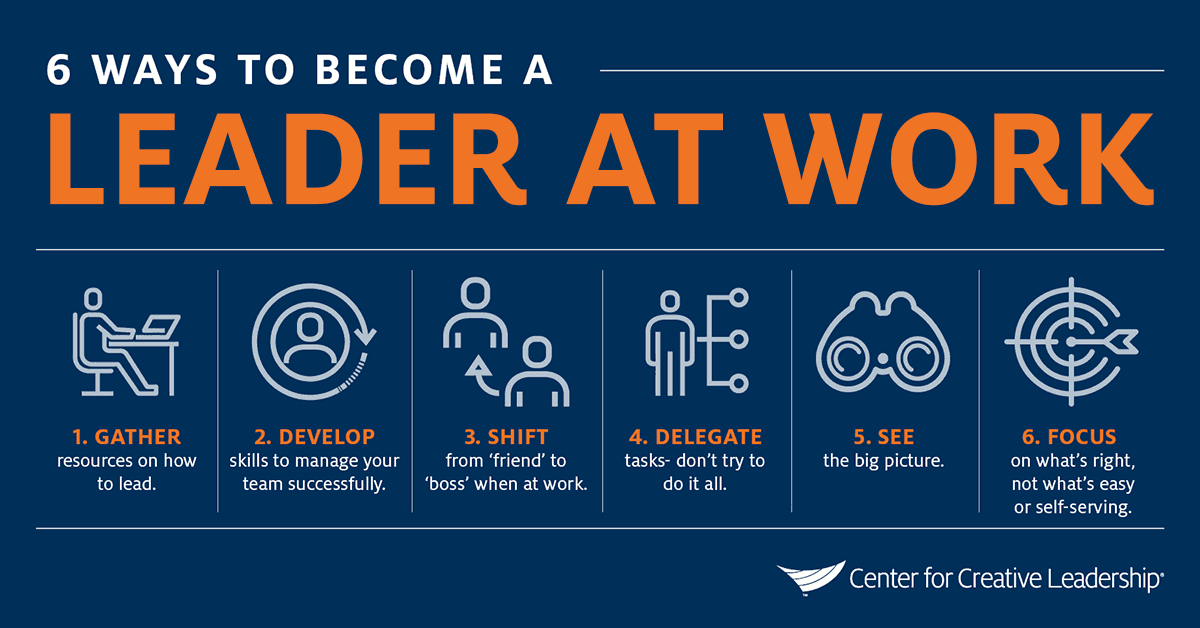





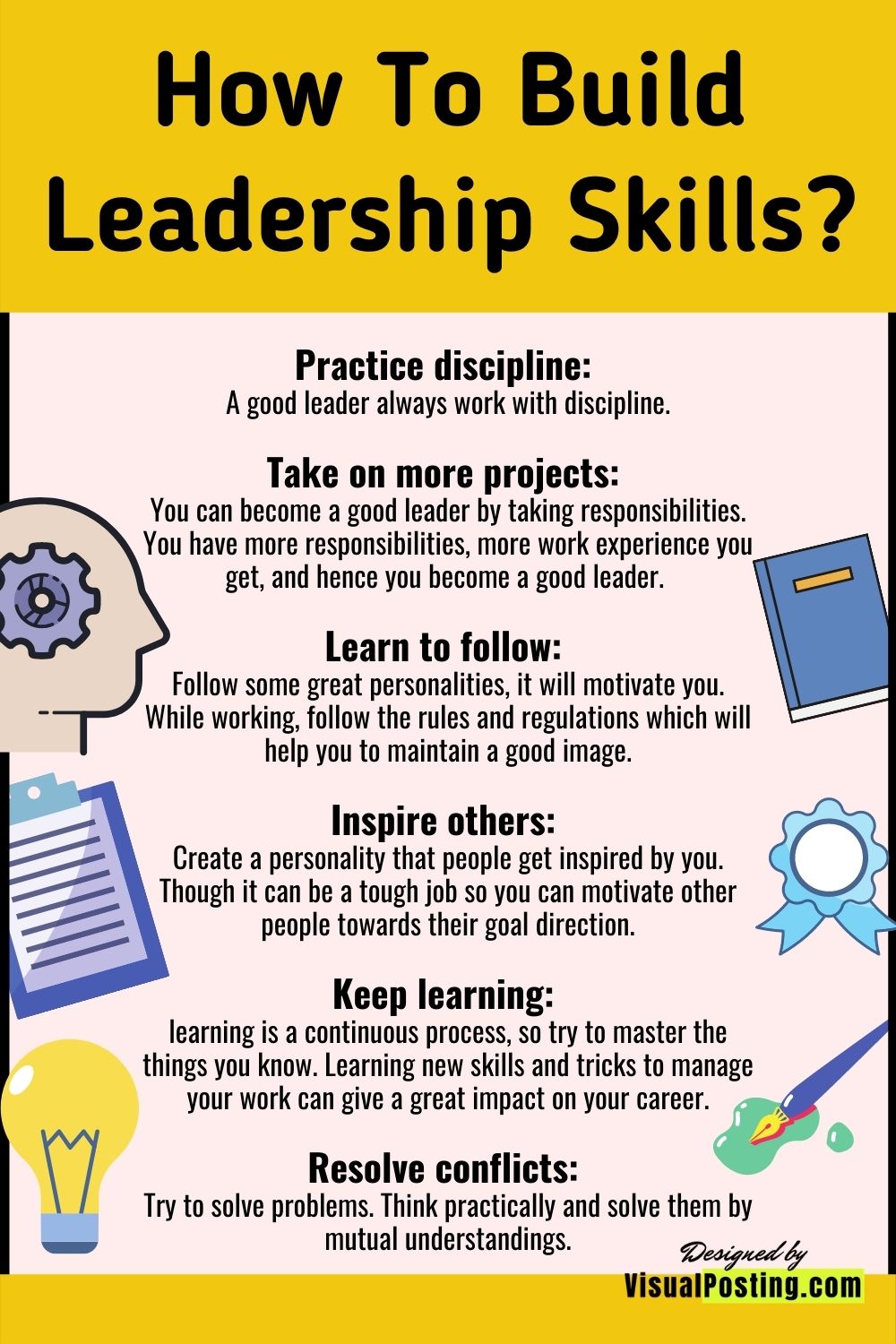



:max_bytes(150000):strip_icc()/top-leadership-skills-2063782_final-5b3e6be646e0fb0036272f42-5bbf7e0246e0fb0026d6416a.png)


